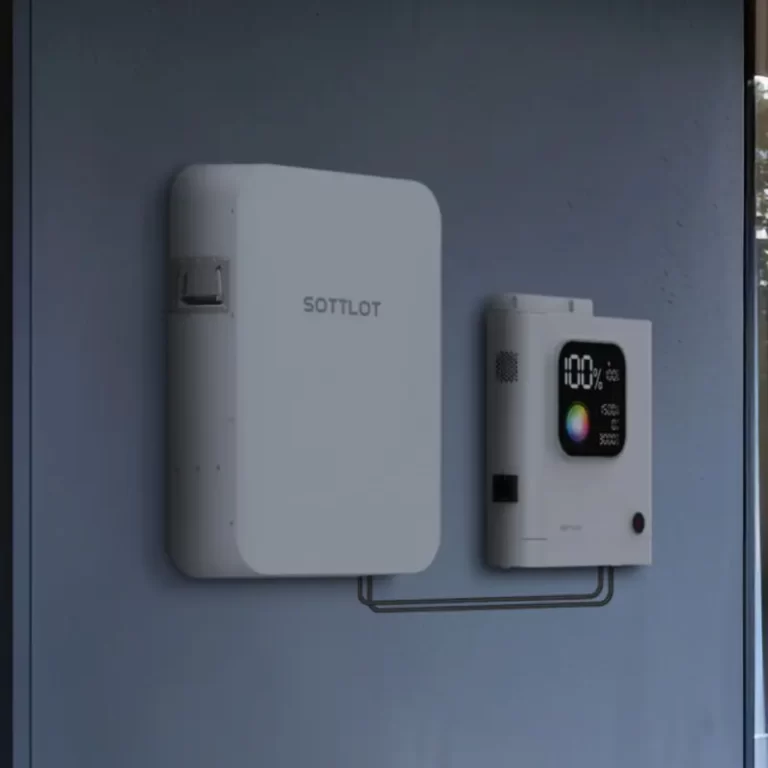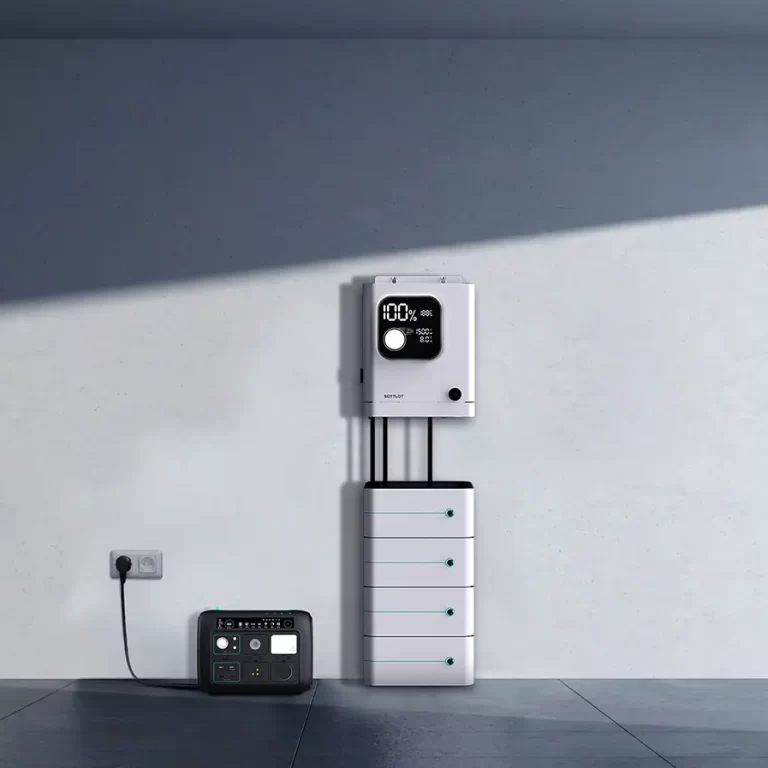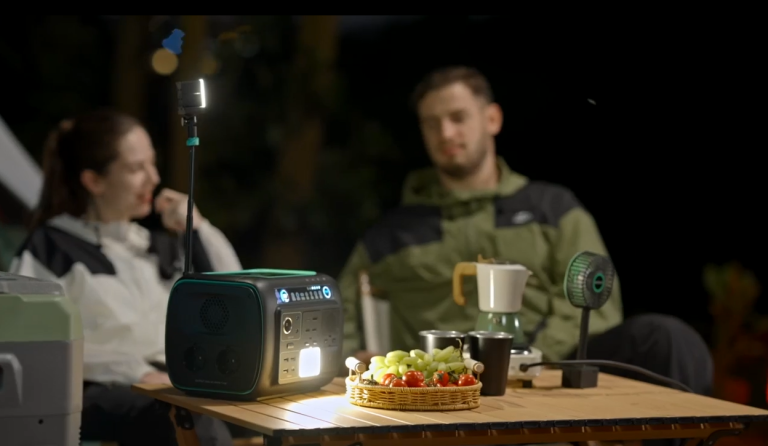With the development of science and technology and the improvement of environmental awareness, more and more families are paying attention to home energy storage systems. Home photovoltaic energy storage systems can convert solar energy into electrical energy and store it for emergency use. But how do you choose a home energy storage system that’s right for you? Below, we will discuss several aspects.
1. Determine energy storage needs Before choosing a home energy storage system, you first need to determine your own energy storage needs. This includes things like household electricity usage, when and how often it is used. If the household electricity consumption is large, you need to choose a system with larger energy storage capacity; if the power consumption time and frequency are more concentrated, you need to choose a system with faster response speed.
2. Select battery type. The battery types of home energy storage systems include lithium-ion batteries, lead-acid batteries, etc. Lithium-ion batteries have the advantages of high energy density, long life and lightweight, but the price is relatively high; lead-acid batteries are relatively low-priced, but have low energy density and lifespan. When choosing a battery type, you need to weigh it against your budget and needs.
3. Consider solar panels. If your family plans to use solar energy to generate electricity, you need to choose suitable solar panels. The efficiency and power of solar panels will affect the amount of electricity generated, so selection will need to be based on factors such as your home’s electricity usage and geographic location. At the same time, the installation location and angle of the solar panels also need to be considered to ensure that they can fully receive sunlight.
4. Choose an inverter. The inverter converts DC power into AC power for home use. When choosing an inverter, you need to consider the power needs of your home and the efficiency and stability of the inverter. If the household consumes a lot of electricity, you need to choose an inverter with higher power; if you have higher requirements on power quality, you need to choose an inverter with higher efficiency.
5. Pay attention to safety. Home energy storage systems need to have certain safety measures, such as overcharge protection, over-discharge protection, short-circuit protection, etc. When choosing a home energy storage system, you need to pay attention to its safety and reliability, and choose products with certification and warranty.
6. Consider price and after-sales service. The price of home energy storage systems varies depending on factors such as brand, model, and configuration. When choosing a home energy storage system, you need to choose based on your budget. At the same time, you also need to consider after-sales service and choose brands and merchants with good after-sales service.
In short, choosing a home energy storage system that suits you requires comprehensive consideration of factors such as energy storage needs, battery type, solar panels, inverters, safety, price, and after-sales service. To ensure that you choose the home energy storage system that suits you.

Alpha3000 is a new home storage product launched by Sottlot. It has an inverter output power of 3000W and provides home users with a sustainable, safe and reliable full-scenario green energy solution. This innovative product aims to promote global households to achieve energy independence, reduce carbon dioxide emissions and protect the earth’s ecology.




